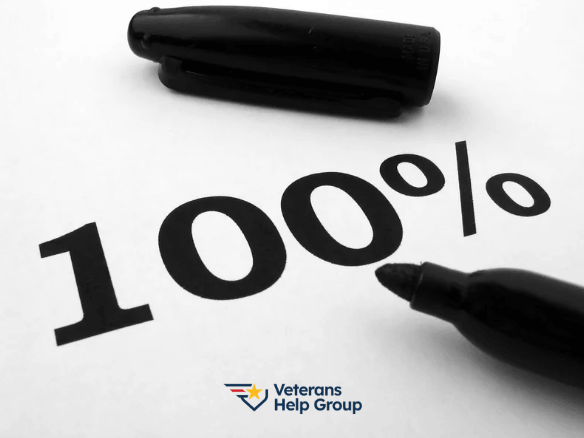Table Of Contents
Once your case reaches the Board of Veterans’ Appeals, you have the option to have a hearing before the judge who will be making a decision in your case. Of course, by the time your case reaches the Board, you have almost certainly been fighting for your VA benefits for a year or two – or likely more. For that reason, you want to be sure that you make the most of your BVA hearing.
Know Which Claim is at Issue
First, if you have more than one claim pending, make sure you know which one, or ones, are before the Board. It’s fairly common for the Board to have jurisdiction (meaning authority to act) over only part of the veteran’s case. There are a variety of reasons why this may happen, but it suffices to say that you should call the Board ahead of time and ask which of your claims the Board will be reviewing.
Understand Why the VA Denied Benefits
Second, understand going in why the VA has refused to grant the benefit you are seeking. In other words, know what is missing. If you are fighting VA for a higher disability rating for a condition that is already service-connected, you don’t need to spend much time talking about how you suffered the injury in service. Conversely, if you are fighting for service-connection, you may need to establish that the injury took place in service. VA cases involve many, many different facets and you want to make sure you are focusing on the right ones in the hearing.
Know What’s In Your Claims File
Be familiar with what is in your claims file. The claims file contains all of the records (including service records, VA and private medical records, VA decisional documents, and anything you have submitted to VA) that VA has in your case. You can help simplify things for the judge if you can refer to specific, relevant documents during your hearing.
Listen!
Lastly, listen to what the judge says during the hearing. A hearing is a terrific opportunity to get a small sense of how the judge feels about your case, and the judges are obligated to suggest additional evidence that might help you. So if the judge says something like “you may want to consider getting an additional private medical report,” it’s probably a clue that the judge feels that the medical evidence in your case is lacking. You can always ask the judge to “hold the record open” for 30 or 60 days after the hearing, so you can submit any additional evidence.
A Board hearing represents a great opportunity to have a relatively informal conversation with the person who will be ruling on your case. But it will be wasted if you are not adequately prepared going in. If you have a representative, make sure that you have an opportunity to thoroughly discuss and plan for the hearing beforehand. A good hearing can go a long way towards a favorable outcome.
More Information on the VA Disability Appeals Process
You can learn more here about the VA disability appeals process. If you need additional help, our veterans disability advocate are also available to answer your questions or take some of the burden off of you by handling the details and navigating the appeals process for you — we welcome you to contact us for a free case evaluation.

Discounts for Military Veterans 2026
Discounts for Military Veterans 2026 As a military veteran, numerous companies continue to honor...

100% VA Disability Benefits List For 2026
100% VA Disability Benefits List for 2026 When a veteran is approved for VA disability benefits,...

DIC Rates for 2026
DIC Rates for 2026 Dependency and Indemnity Compensation (DIC) can be a lifeline for surviving...





